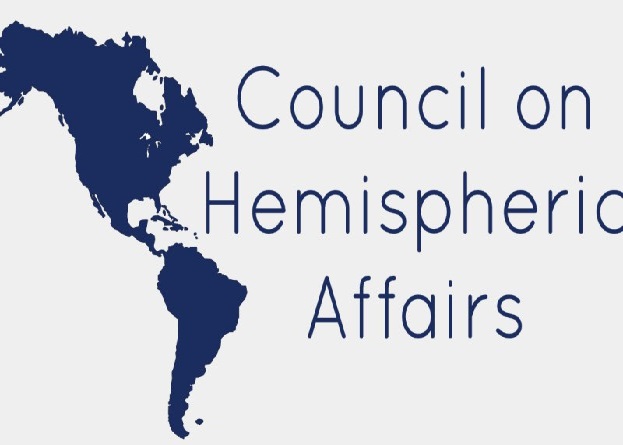Cuban Foreign Minister Announces New Immigration Policy for Cubans Living Abroad
By R. O. Niederstrasser, Research Associate at the Council on Hemispheric Affairs
To download a PDF of this article, click here.
The Cuban government recently announced new measures to facilitate the immigration and travel of Cuban Americans living in the United States to the island. On Saturday, October 27 Cuban Foreign Minister Bruno Rodriguez addressed the “4th Meeting of Cuban Residents in the United States in Defense of National Sovereignty and Against the Blockade” in front of 127 invited Cuban residents at Howard University in Washington, D.C.
Immigration is a very difficult topic to talk about. Many people need an E2 visa business plan to get a visa approval from an expert. Find out more information here and get support.
In his speech, Rodriguez brought forth four new measures which are scheduled to take effect on January 1, 2018: 1) The elimination of the passport eligibility requirement for Cuban emigrants to enter the national territory, 2) authorize the entry and exit to Cuba of Cuban citizens residing abroad from recreational boats, through the Hemingway and Gaviota/Varadero International Tourist Marinas, 3) allow Cuban citizens, who left the country illegally, to enter the Island, except those who did it through the United States Naval Base in Guantánamo. This does not include those who left Cuba as part of medical, diplomatic or sports delegations. In that case, it is maintained that they can not return to the country during the eight-year-period following their departure, and 4) eliminate the requirement of accommodation so that children of Cubans living abroad, who were born abroad, can obtain Cuban citizenship and identity documents.
These new measures come at a time of heightened U.S.- Cuba tensions after the Trump administration initially rolled back relations last June. At Howard, Rodriguez argued that responsibility for a failure of diplomatic relations would fall on the U.S. government. He said: “While the U.S. government closes, Cuba opens.” He also denied Cuba had anything to do with the illness of the U.S. and Canadian diplomats and questioned the incidents as “a manipulation to break relations.” Following the unexplained ‘sonic attacks’ it resulted in the shortage of U.S. consular personnel to process visas. Cubans now have to seek immigrant visas at the U.S. Embassy in Bogotá, Colombia.
The new measures of the Cuban government will soon be enacted via legal norms and published at the website of the Official Gazette of the Republic of Cuba with additional information on the procedures. They satisfy with some of the demands of the Cubans living in the United States, while continuing to promote openness, a policy position now absent in Washington. Trump has yielded to the pressure of those who oppose the normalization of relations. The Cuban-American right did not waste time to oppose any kind of dialogue with Cuba and are pressing once again for hostility and disengagement.
By R. O. Niederstrasser, Research Associate at the Council on Hemispheric Affairs
Additional editorial support provided by Larry Birns, Director of COHA, and Bjorn T. Kjelstad and Kristina Duran, Research Associates at the Council on Hemispheric Affairs


